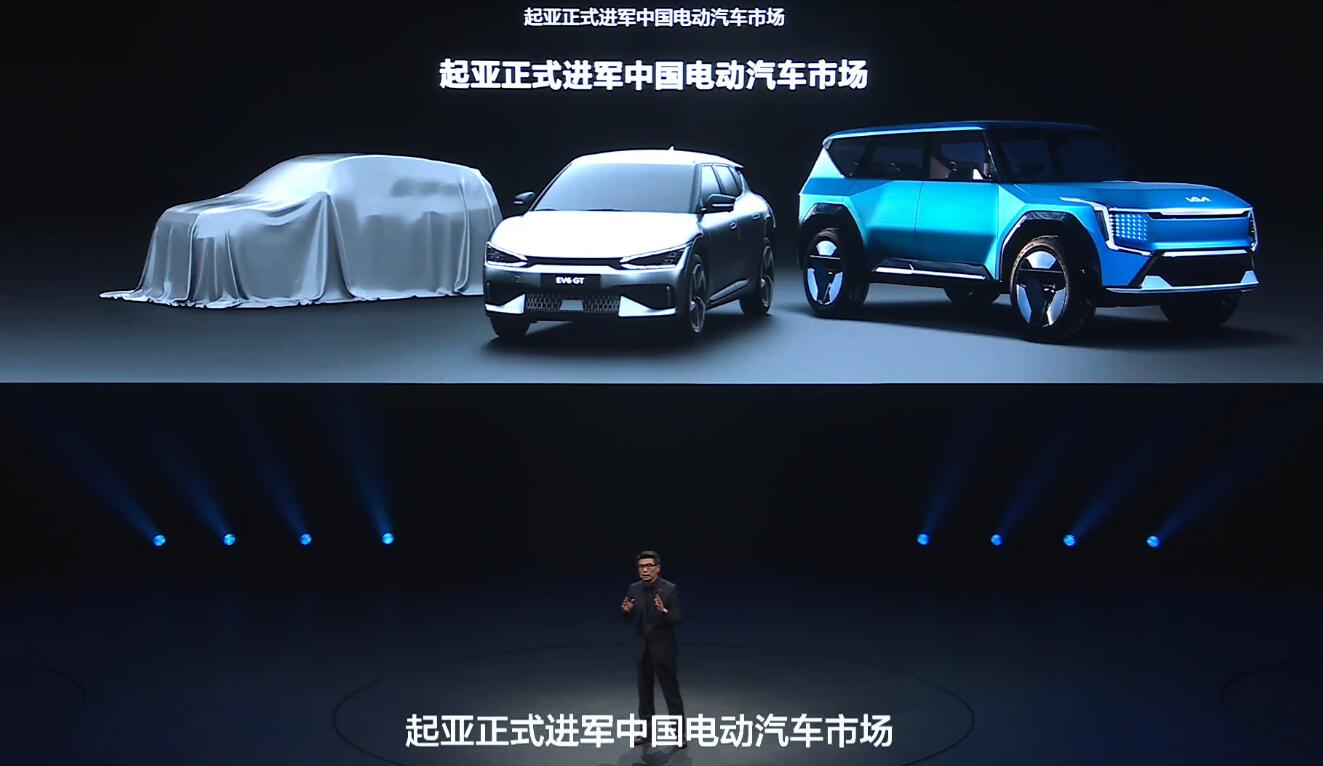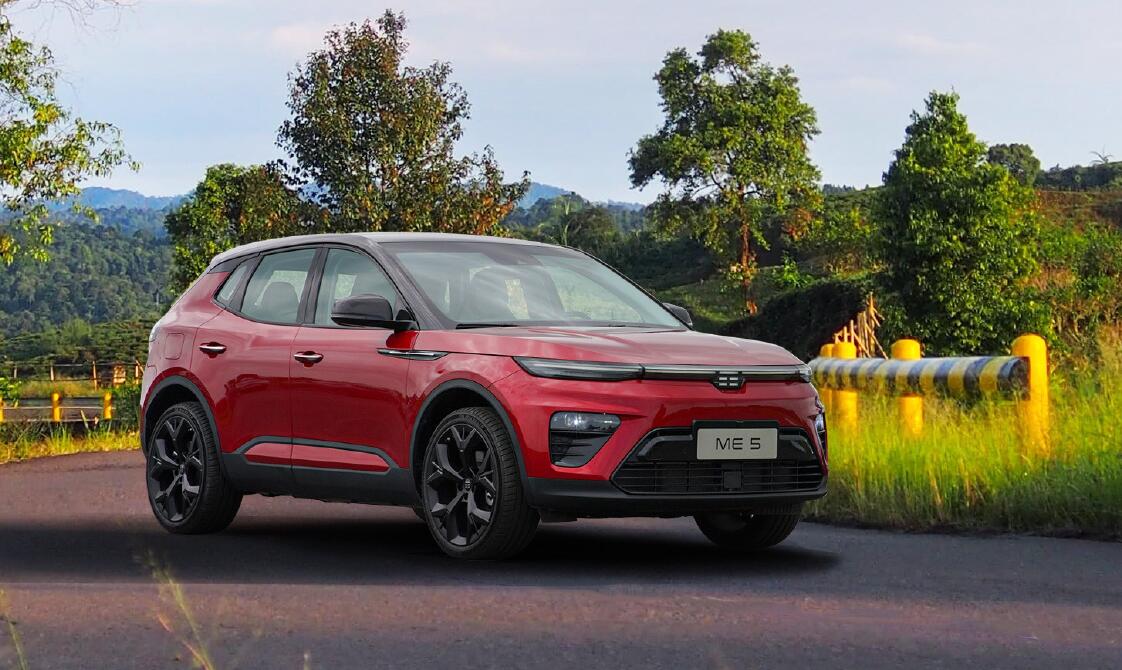In January-February, Chery's NEV sales were 13,293 units, down 57.6 percent from 31,367 units in the same period last year.

(Image credit: Chery New Energy)
Chinese auto giant Chery's new energy vehicle (NEV) division has slashed the prices of several models, becoming the latest car company to do so.
Chery New Energy announced today that official guide prices for three of its NEV models has been cut by up to 9,000 yuan ($1,310) starting at 00:00 on March 27.
The reduction covers the QQ Ice Cream, Little Ant and Wujie Pro, with the Little Ant's 408km range seeing an RMB 9,000, or 8.74 percent, price cut.
The QQ Ice Cream priced at RMB 39,900 saw a price reduction of RMB 4,000, or 10 percent.
Following this reduction, the QQ Ice Cream's latest starting price range is RMB 35,900 to RMB 45,900, the Little Ant is RMB 64,999 to RMB 94,000, and the Wujie Pro is RMB 84,900 to RMB 110,900.
This is due to the global price correction of new energy materials and the company's cost control and supply chain management capabilities, Chery New Energy said in an announcement.
The price of lithium carbonate, a key raw material for batteries, has fallen sharply in the past few months, with the current price having dropped about 50 percent from its high point last November.
As of March 24, the average price of battery-grade lithium carbonate in China was RMB 277,500 per ton and industrial-grade lithium carbonate was RMB 235,000 per ton, according to data from Mysteel monitored by CnEVPost.
While Chery New Energy attributed the price cuts to lower raw material prices, the recent price war in the Chinese auto industry and its weak performance so far this year may be the bigger reasons.
After Tesla cut prices earlier in the year, several NEV makers followed suit. Earlier this month, multiple traditional internal combustion engine automakers launched price wars with steep discounts.
These moves have increased the consumer's wait-and-see attitude toward car purchases and disrupted the industry, and last week, the China Association of Automobile Manufacturers (CAAM) called on all parties to help return the industry to normalcy.
For Chery, its performance at the beginning of the year was weak.
In January-February, Chery's NEV sales were 13,293 units, down 57.6 percent from 31,367 units a year earlier, according to data from the China Passenger Car Association (CPCA) monitored by CnEVPost.
($1 = RMB 6.8819)
CAAM calls for return to normal order in China's auto industry as price war disrupts sector
| Model | Version | Previous Price (RMB) | Latest Price | Change | Change % |
|---|---|---|---|---|---|
| QQ Ice Cream | 120 km Milkshake | 39,900 | 35,900 | -4,000 | -10.03% |
| QQ Ice Cream | 120 km Cone | 43,900 | 39,900 | -4,000 | -9.11% |
| QQ Ice Cream | 170 km Sundae | 49,900 | 45,900 | -4000 | -8.02% |
| Little Ant | 251 km Hot Love | 69,999 | 64,999 | -5,000 | -7.14% |
| Little Ant | 301 km True Love Plus | 82,999 | 77,999 | -5,000 | -6.02% |
| Little Ant | 301 km Half Sugar | 82,900 | 76,900 | -6000 | -7.24% |
| Little Ant | 408 km Full Sugar | 103,000 | 94,000 | -9,000 | -8.74% |
| Wujie Pro | 301 km Moshou | 89,900 | 84,900 | -5,000 | -5.56% |
| Wujie Pro | 301 km Lingshou | 94,900 | 89,900 | -5,000 | -5.27% |
| Wujie Pro | 301 km Shenshou | 99,900 | 94,900 | -5000 | -5.01% |
| Wujie Pro | 408 km Moshou | 105,900 | 100,900 | -5,000 | -4.72% |
| Wujie Pro | 408 km Shenshou | 115,900 | 110,900 | -5,000 | -4.31% |
The post Chery's NEV unit cuts vehicle prices by up to 10% appeared first on CnEVPost.
For more articles, please visit CnEVPost.














